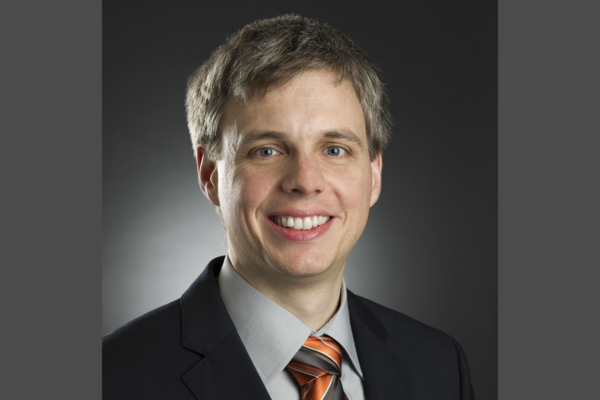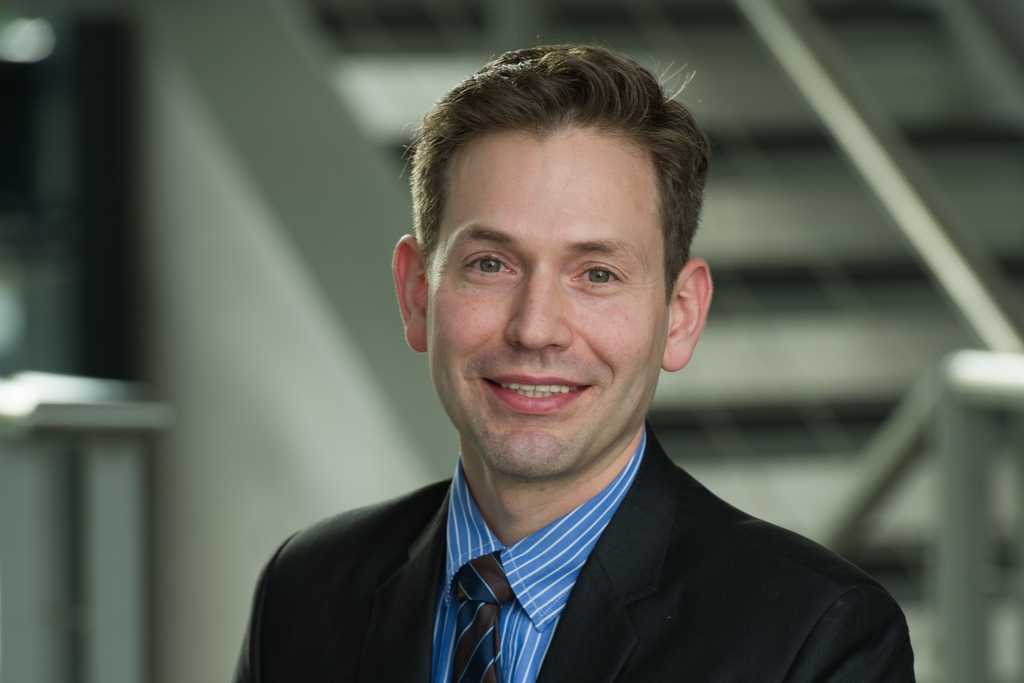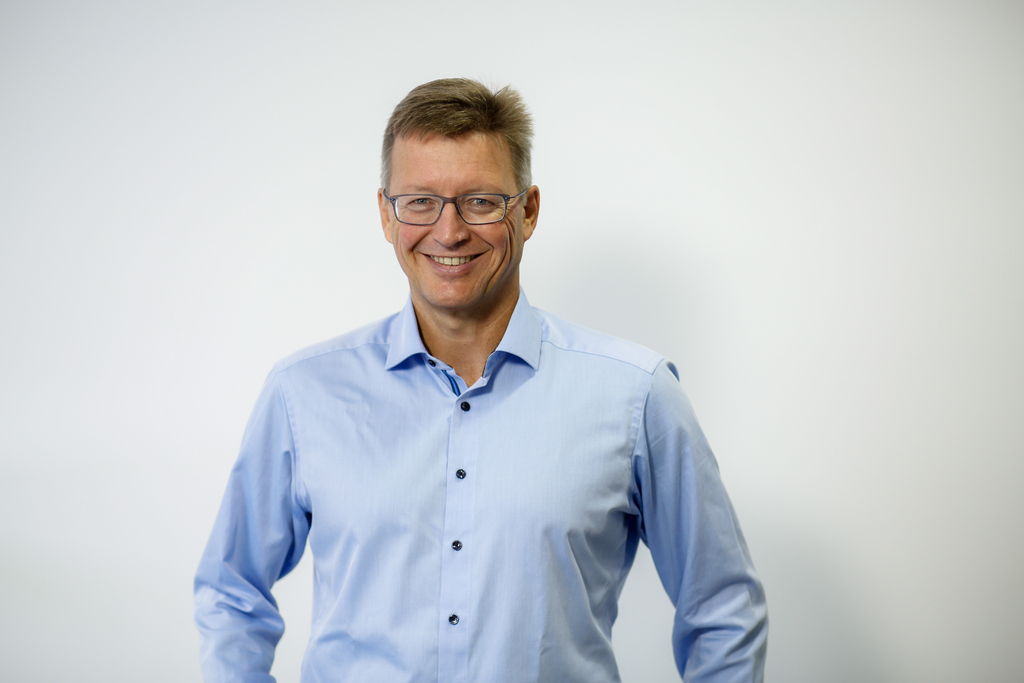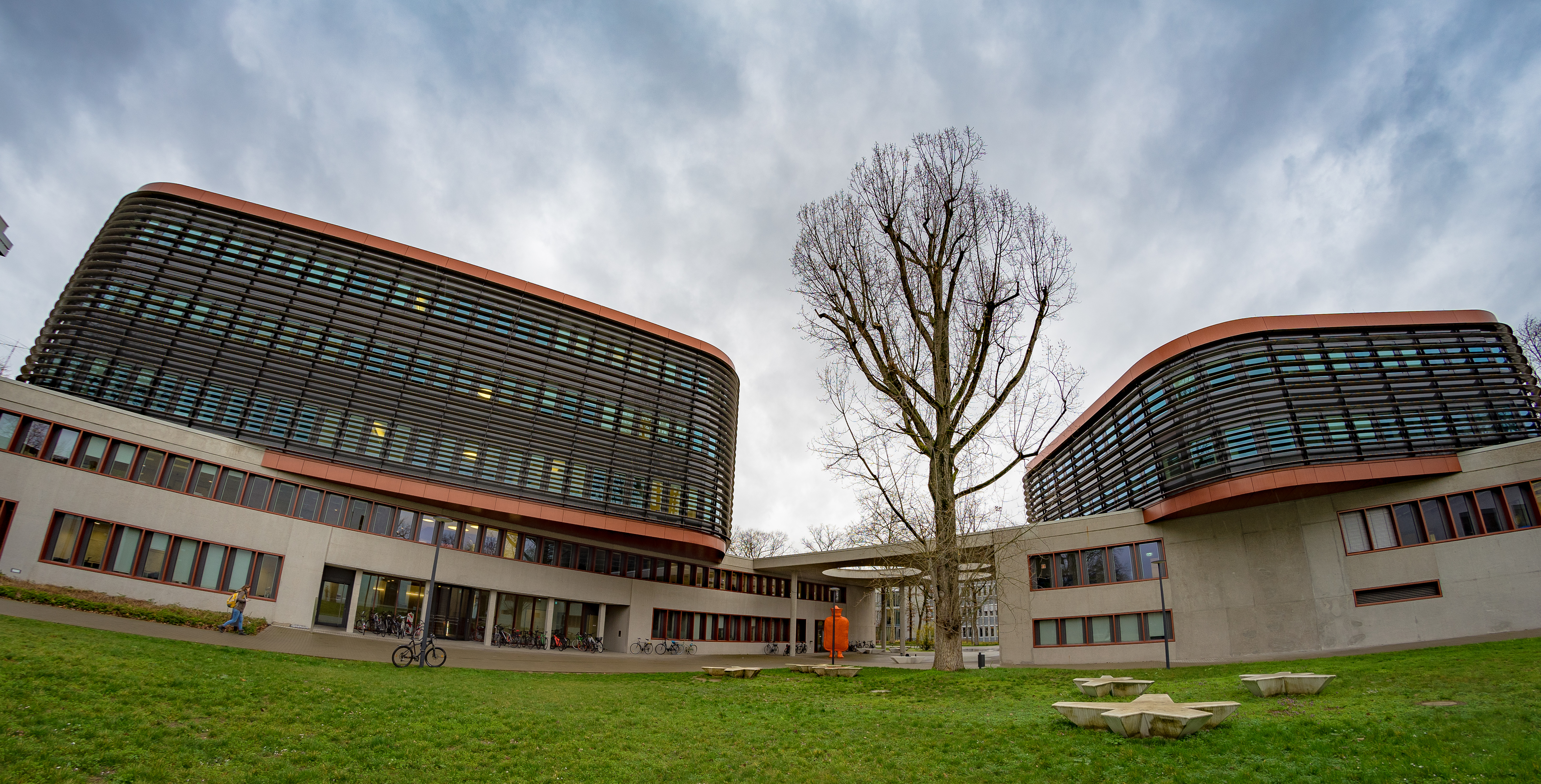Our mission statement
We investigate the mechanics of materials with a focus on reliability and durability and particularly on the evaluation of microstructural defects and their behavior. We therefor apply methods of modeling and numerical simulation. In the field of tribology, we carry out both basic and application-oriented research across scales, combining tribological experiments with high-resolution electron microscopy and analytical tools to elucidate the fundamental mechanisms in frictional contacts.
We conduct our research in close cooperation with various German and international partners and in close interaction with the Fraunhofer Institute for Mechanics of Materials IWM, with which we jointly operate the MikroTribologie Centrum, µTC.

Additively manufactured components and microstructure design
Personal pagePoints of Pride
Gottfried Wilhelm Leibniz-Prize |
|
|
Since 1985, the Gottfried Wilhelm Leibniz Prize has been awarded annually by the German Research Foundation (DFG), to support outstanding scientists from all disciplines. The objective of the funding is to improve the working conditions of the award-winning researchers by expanding research opportunities, reducing administrative costs and enabling the employment of particularly qualified younger scientists. The most important research award in Germany is endowed with 2.5 million euros and is only granted on the advance of third parties. |
Peter GumbschIn 2007, Peter Gumbsch received the award for his work in the field of materials science, including his developments in the field of multi-scale material modeling. Furthermore, Gumbsch has contributed a great deal to the current understanding of fracture and deformation processes by, among other things, investigating dislocations in more detail, which underlie deformation processes. He has shown that dislocations behave differently, depending on the velocity, as their motion generates different amounts of heat and can even reach supersonic speeds. |
Adolf Martens Prize |
|
| The Adolf Martens Prize is awarded every two years to promote the scientific work of young researchers in the fields of materials science, materials research and testing, safety engineering and related areas. The prize, which is endowed with 3,000 euros, is sponsored by Adolf Martens-Fonds e.V. and can honor basic research as well as innovative technical developments and transfer achievements. |
Christian GreinerOn 05.12.2019, Christian Greiner was awarded the Adolfs Martens Prize for outstanding work in the field of materials research in Berlin. Further information is available in the press release. |
ERC Consolidator Grant |
|
| With the Consolidator Grants, the European Research Council (ERC) supports excellent scientists to start an independent career, especially during the consolidation phase of their own independent working group. The doctorate must have been completed seven to twelve years ago in order to receive the five-year funding, usually up to 2 million euros. |
Christian GreinerChristian Greiner receives the prestigious grant for his research on friction-optimized metals. Further information is available in the press release. |
Emmy Noether |
|
| With the Emmy Noether Programme, the DFG aims to support outstanding researchers on their way to professorship through early independence, training in management tasks and their own budget management. These tasks are part of the independent management of a junior research group over a period of six years. The success of the Emmy Noether Young Investigators Groups' funding, which has been in place since 1999, is reflected in the high appointment rate after the programme ends. |
Lars PastewkaLars Pastewka received funding from 2014 to 2022 to study the correlation of friction and wear of amorphous materials. Information from the DFG. Christian GreinerChristian Greiner received funding from2012 to 2019 for his research on scale effects and microstructure evolution of textured metal surfaces in reversing frictional contact. Information from the DFG. Martin DienwiebelMartin Dienwiebel received funding from 2007 to 2013 for his research on dynamic changes of sliding stressed metal surfaces in the nanoscale range. Information from the DFG. Lucio Colombi CiacchiLucio Colombi Ciacchi received funding from 2007 to 2015 for his research on atomistic modeling of chemical and physical processes related to cell adhesion on solid surfaces. Information of the DFG. |
Wrangell-Habilitation Programme |
|
|
The "Margarete von Wrangell Programme" aims to encourage and materially enable particularly qualified female scientists at universities and colleges in the state of Baden-Württemberg to qualify for appointment to a professorship.The Margarete von Wrangell Habilitation Program has been offered by the state of Baden-Württemberg since 1997 and is intended as a building block to counteract structurally induced discrimination against women in science. The name giver,Margarete von Wrangell, was the first female full professor in Germany in 1923. |
Katrin SchulzKatrin Schulz was selected for funding in the Wrangell Habilitation Programme in 2016. For more information see the press release. |
Heisenberg Professorship |
|
| The aim of the Heisenberg Program is to enable outstanding scientists who meet all the requirements for appointment to a long-term professorship to prepare for a scientific leadership position and to work on advanced research topics during this time. |
Martin Dienwiebel |
National Academy of Sciences Leopoldina |
|
| The National Academy of Sciences examines social issues of importance for the future, independently of political or economic interests, advises politicians and the public with its findings, and is dedicated to communicating these issues at national and international level. Founded in 1652, the Academy is the oldest permanently existing natural science academy in the world. |
Peter GumbschPeter Gumbsch is a member of the Leopoldina in the technical sciences section since 2008. |
German Academy of Science and Engineering (acatech) |
|
|
The National Academy of Sciences examines social issues of importance for the future, independently of political or economic interests, advises politicians and the public with its findings, and is dedicated to communicating these issues at national and international level. Founded in 1652, the Academy is the oldest permanently existing natural science academy in the world. |
Peter GumbschPeter Gumbsch has been accepted as a member of the German Academy of Science and Engineering (acatech). Further information is available in the press release. |
US National Academy of Engineering |
|
| The NAE was founded in 1964 and deals with interdisciplinary social and societal issues. In addition to networking outstanding engineers and changing the quality of life through technical developments, it advises the US government. Members are characterized by pioneering work in a technical field or by significant scientific advances. |
Peter GumbschPeter Gumbsch was elected member of the US National Academy of Engineering NAE in 2016. For more information see the press release. |




